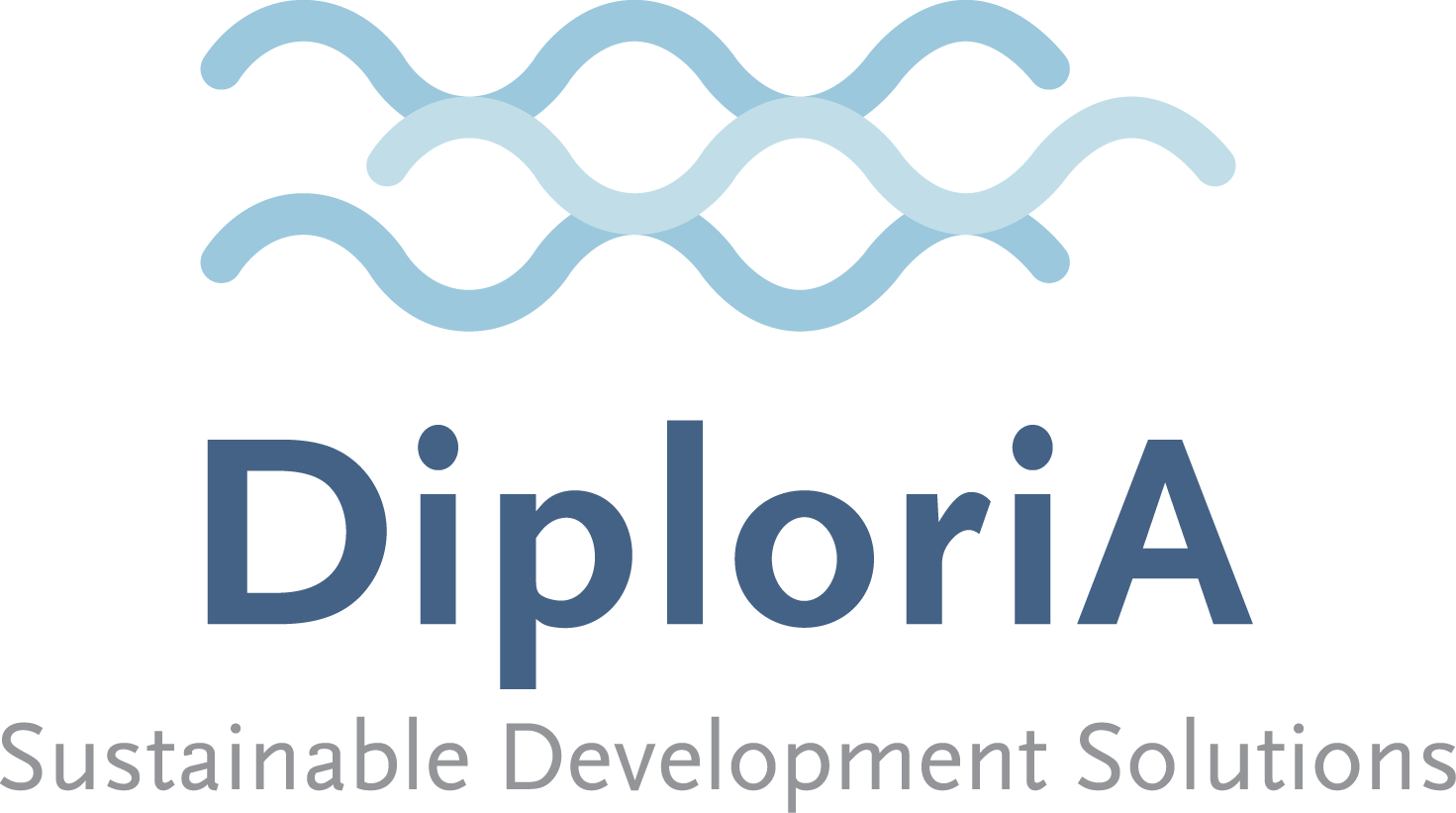
Publications and Articles
Publications of Alice Bouman-Dentener
This chapter from the book ‘February 11: Women and Girls in Science for Socio-economic Sustainable Development’ (RASIT 2020) looks at the gender discourse through a water lens and at water governance in the context of women’s inclusion in decision-making at all levels. The transformation to gender-sensitive and women-inclusive water governance is a lengthy and on-going process in a sector that is highly fragmented, intrinsically gendered, and traditionally in the technical domain of public administration. The water-gender (SDG5 – SDG6) interface emerges as an important but still underused pathway to further sustainable and equitable development. Next to women’s contributions to water governance in their individual capacities as decision-makers, scientists, water professionals and water users, women’s civil society comes to the fore as an important actor to ensure bespoke solutions that take local gender realities into account. Contemporary research is biased toward women as water users. The role of women in water management has received limited scholarly attention, despite agreement since 1992 by UN Member States that it is a cornerstone for Integrated Water Resources Management. Moreover, research on the gender-water nexus is limited, uncovering the need for increased data mining on this important topic. Those data that are available demonstrate that gender-water research is still very much a woman’s business, as an estimated 88 percent of the authors of relevant research are female.
Keywords: Water, women, gender, IWRM, water governance, intersectionality, science and research
Water security is a global challenge and a collective responsibility for all humanity.. This article focuses on women’s agency for sustainable use and management of water resources. It shows how women’s agency has made a difference in Armenia and Ukraine; and sheds light on the preconditions for meaningful involvement of women’s civil society in processes of water cooperation and participatory water governance.
Water security has emerged as a common objective to harness water-risks, to safeguard sufficient and safe water to sustain life and ecosystems, and to enable sustainable and equitable development of our societies. Framing water security as a global concern offers a connect between the international Sustainable Development and Peace & Security discourses. Safeguarding water as a strategic resource transcends national responsibility; it requires an all-of-society engagement and partnership so that those who are affected by insecurity are also part of the solution.
Inadequate water supply and sanitation continues to be the most harmful water risk for people and globally accounts for the largest economic losses. The larger burden still falls on women are the traditional water seekers and carriers in many communities around the world, but often lack a voice in decision-making concerning water supply and management. Examples from Sub-Saharan Africa, a region where water and gender divides are among the highest in the world, illustrate the ingredients and processes of women’s empowerment and their inclusion in water governance, as called for in Dublin Principle 3 for Integrated Water Resources Management (1992). Addressing water in conjunction with gender has a positive and lasting impact on community development as a whole.
As a global network of organizations in support of Integrated Water Resources Management, the Global Water Partnership promotes social inclusion in water governance at all levels (Dublin Principles 2 and 3). The GWP gender strategy of 2014 addresses the intersection of SDG5 and SDG6 acknowledging the intersectionality of gender and the potential of inclusive multi-stakeholder partnerships to develop and implement bespoke gender-sensitive solutions.
The Dublin/Rio Principles for Integrated Water Resources Management (1992) underline the central role of women in the provision, management and safeguarding of water and the Women for Water Partnership supports women’s civil society in exercising this fundamental role. This publication pays tribute to the achievements of WfWP Member Organizations during the UN Water for Life Decade (2005-2015), that specifically called for the meaningful participation of women in water-related development efforts at all levels.
UNU-INWEH analyzed a core of local projects of 20 WfWP member organizations to reveal the success and failure factors in their approaches to provide water and sanitation for the poor. Successful community initiatives are based on collaboration between different stakeholders and require women’s empowerment to ensure their equal participation.







